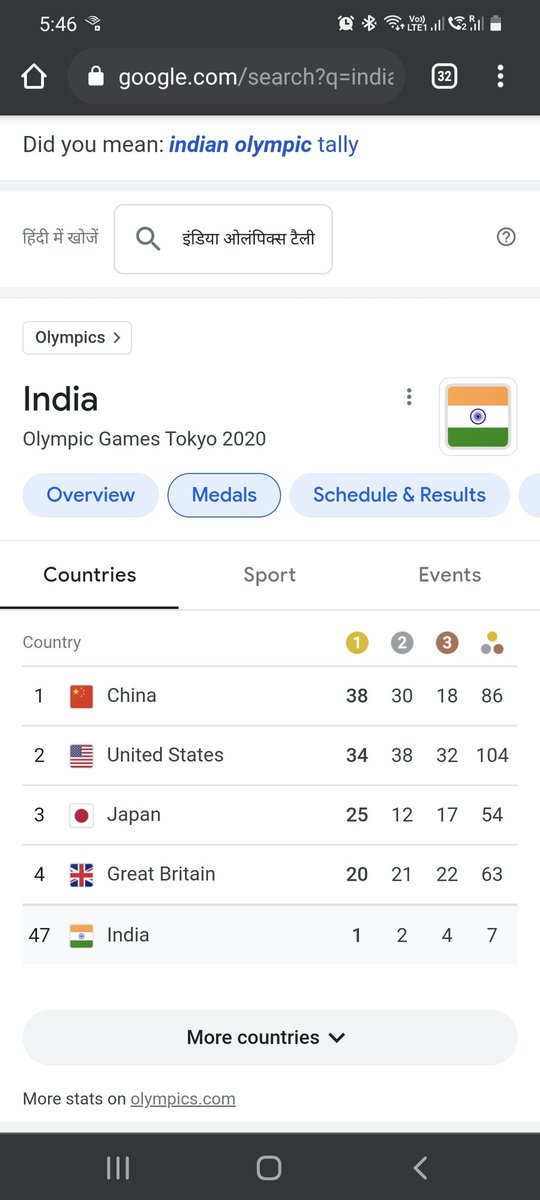
I studied #camlin #fine #sciences for past few weeks. Does not deserve full thread imo so only sharing some key take-aways.
👇👇👇
👇👇👇
few things i like:
lot of triggers: more efficient manufacturing (lot of capex in Dahej), plans to forward integrate all catechol and hydroquinone production (higher Gross margins).
lot of triggers: more efficient manufacturing (lot of capex in Dahej), plans to forward integrate all catechol and hydroquinone production (higher Gross margins).
Manufacturing becoming more efficient incrementally(dahej instead of italy and other geopgraphies), the battery play (Lockheed contract) which definitely can be huge. Fermentation company that they are aquiring for omega 3 fatty acids production
Few things i dont like/concerns:
1. a bit complex in terms of structure/organization. more variables to track. more probability something somewhere will break/not go as per plan. Variance of outcomes is too high. Murphy's law.
1. a bit complex in terms of structure/organization. more variables to track. more probability something somewhere will break/not go as per plan. Variance of outcomes is too high. Murphy's law.
2. The end market seems to be a small and slow growiing one for most products. Growth really depends on ability to gain market share. If Clean science & CFS are matched in efficiencies (which they seem to be), then its anyone's bet who will do better.
Even Clean Science guides for 2-3% > market growth by gaining market share, from 40-50% to 60% in some products. So who is going to end up winning, i do not know.
Some rough partial notes if you're interested in studying more:
docs.google.com/document/d/1h_…
<End of thread>
docs.google.com/document/d/1h_…
<End of thread>
• • •
Missing some Tweet in this thread? You can try to
force a refresh








